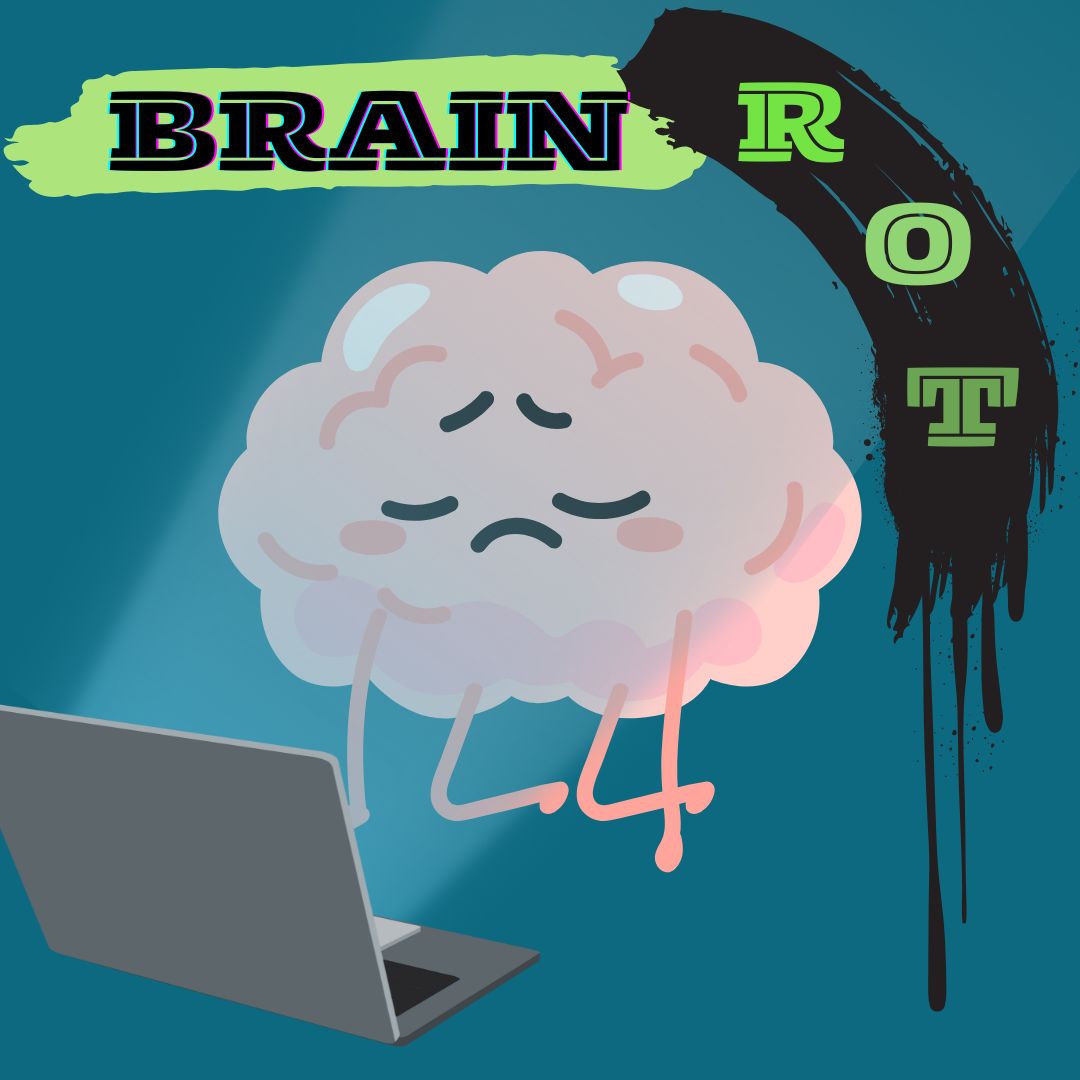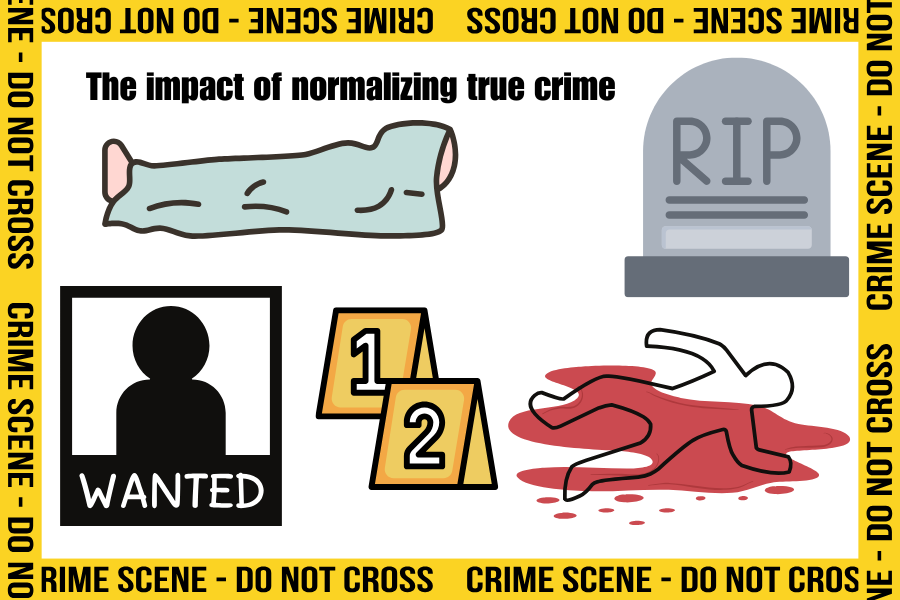In the 21st century, technology has come a long way, from flash drives in 2000 to the newest iPhone this year. There is no question that our lives revolve around our screens, but has it come too far? With 97 percent of Americans owning a smartphone and having access to technology, humans have become immensely reliant on our devices. Technology has come a long way and improved human lives, but easy access to the internet also encourages daily laziness.
Humans are immensely dependent on smartphones, technology and electronics in general. From computers in our pockets for quick and easy internet access, to technology replacing many physical items and even fully automating smart homes, these great inventions have caused an extreme amount of laziness. There is no longer a need to work as hard for seemingly simple tasks, which is where the faults in technology lie. From something as simple as looking up a fact on the internet to automating lights in homes, technology is inescapable.
The internet is accessed by nearly every American, and with the introduction of artificial intelligence and ChatGPT, barely any research has to be done in order to find an answer or solution to a problem. Where you once had to search different websites to find answers to a question, sites like ChatGPT will answer the question directly – whether the answer is correct or not. This encourages information overload and shorter attention spans and can spread false information even if the sites are incorrect. While it may not be disruptive now, it is likely that these shorter attention spans will cause unconscious laziness because the brain is expecting an immediate response.
Reliance on search engines such as Google may also encourage levels of laziness. For example, imagine talking with a group of people and a question comes up in conversation. Instead of thinking about the question logically, it is likely that a quick search on the internet will answer an otherwise simple question. There is no need to think deeply about a topic when all questions can be answered in a few quick seconds. This is not to say that websites like Google and Safari are bad when they are indeed helpful.
Along with AI and search engines, the rise of e-books is a prime example of heightened laziness. From Kindles and Nooks to audiobooks, not as much effort is needed to read. Digitized books eliminate the need to go to the store and pick out the book you wish to read. Instead, you can select the book from the comfort of your couch. While this is a great way to save time and money, it emphasizes the instant gratification of receiving the book. Many e-books contain features that allow the reader to expend the least amount of energy possible. Instead of flipping through book pages, the reader can simply tap either side of the screen to move to the next page. Readers can also increase and decrease the size of the font, which can make reading easier. Technology isn’t always bad, but it can create unintentional problems.
Taking a deeper look at these e-books, however, not all of it is bad. These previously mentioned features can be helpful for those with mobility issues, or even poor eyesight. Audiobooks contribute to a great deal of laziness in the sense that it does not teach effective reading skills, but they are extremely helpful when it comes to different challenges some might face.
Spell check and voice-to-type might be one of the most important ties between laziness and technology. There is no need to know the correct spelling of a word when an application will automatically correct it for you. Similarly, suggestions for writing with applications such as Grammarly contribute to a lack of effort needed when writing. Grammarly is incredibly helpful with grammar checking, but I also notice that I tend to be less creative because I know that those resources are there to help.
While these resources impact our efforts, they are also useful tools that we should take advantage of. It is important to be aware of their impacts though, and to realize that technology may not always be the best. Their impact on our laziness is clear, and acknowledging some of the faults in technology can help us avoid them and move forward with a new perspective.











